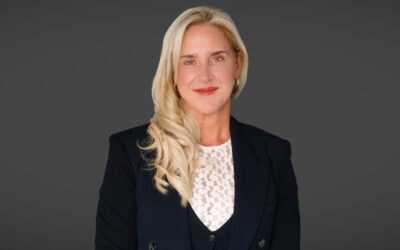Are you looking to take advantage of today’s record low mortgage rates? Besides your income and down payment, something else that mortgage lenders care about is your credit score. If you have a bad score, it can make it tough to obtain mortgage financing and grow your real estate investment portfolio. You can take action today to improve credit score.
Generally speaking, a credit score of at least 700 is considered good by most lenders. If you don’t have a score at that level, there’s no need to panic.
Here are five things you can do to improve your credit score and qualify for these great rates.
Keep your credit utilization in check
Credit utilization as its name suggests is how much of your available credit that you’re using. For example, if your credit card has a credit limit of $5,000 and you have an outstanding balance of $3,000, your credit utilization would be 60 percent ($3,000 / $5,000 = 60%).
Related Posts
Generally speaking you want to aim to always have your credit utilization below 50 percent. Anytime you go over 50 percent it starts to drag down your score. If you’re constantly over 50 percent, it can really drag down your credit score and this makes perfect sense.
If you’re spending more than 50 percent of your available credit, it shows lenders that you may be living beyond your means, so don’t do this.
Keep long standing credit cards open
If you haven’t used a credit card for a while, you may be tempted to close it. While that may seem like something that should help your credit score, it could actually hurt it. And here’s why.
Credit history length is one of the most important factors that go into calculating your credit score. When you close a credit card that’s been open for a long time, it lowers your credit history length.
Unless you’re being a charged an annual fee, it’s usually better to keep a credit card open. Just be sure to use it every few months to avoid an inactive fee.
Don’t miss payments ever
This may seem like an obvious one, but try not to miss payments ever. Ideally you always want to make the full payments. However, that may not always be possible. On revolving credit accounts, such as credit cards and lines of credit, aim to make at least the minimum payment.
Related: Falling rents and jumping vacancy rates: What landlords can do to protect themselves
Sometimes people skip making the minimum payment to focus on paying off a credit account at a higher interest rate. For example, you may skip making the minimum payment on your line of credit to focus your cash flow on paying off your credit card at a much higher rate.
Generally speaking you want to aim to always have your credit utilization below 50 per cent. Anytime you go over 50 per cent it starts to drag down your credit score.
While there’s nothing wrong with focusing most of your cash flow on the credit card, make sure you make at least the minimum payment on your line of credit, otherwise, you’ll damage your credit score, which could lead to higher interest rates and declined credit applications in the future.
Get a mix of credit types
However, for any new credit that you sign up for, be sure to use it responsibly. Signing up for a new line of credit only to max it out won’t do anything to help your credit score.
Regularly checking your credit score
It’s a good idea to get into the good habit of regularly checking your credit score. When you do that you’ll gain of better understanding of things that affect your credit score both positively and negatively. You’ll also gain a better understanding of whether your score is heading in the right direction. You can also make changes to help improve credit score.

Sean Cooper is the bestselling author of the book, Burn Your Mortgage: The Simple, Powerful Path to Financial Freedom for Canadians. He bought his first house when he was only 27 in Toronto and paid off his mortgage in just 3 years by age 30. An in-demand Personal Finance Journalist, Money Coach and Speaker, his articles and blogs have been featured in publications such as the Toronto Star, Globe and Mail, Financial Post and MoneySense. Connect with Sean on LinkedIn, Twitter, Facebook and Instagram.








